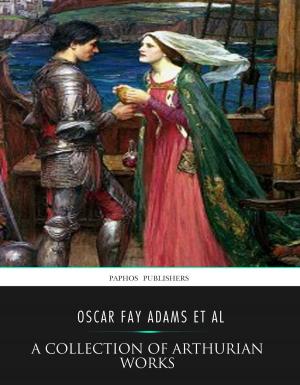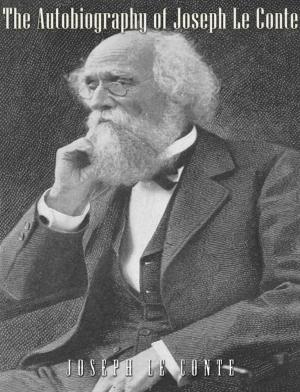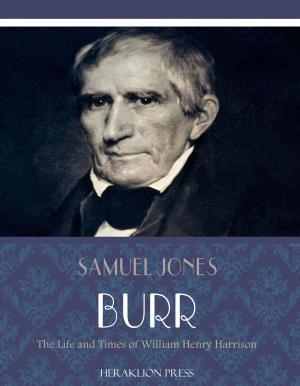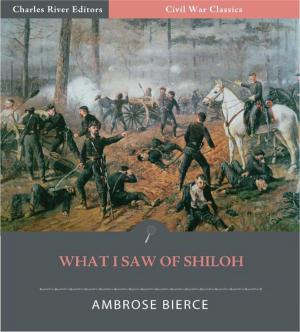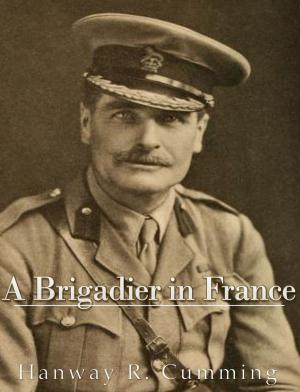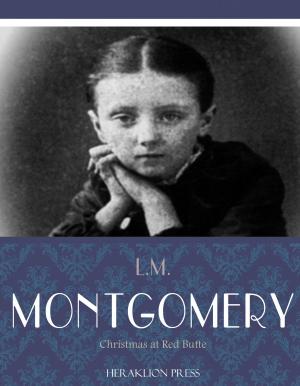Alls Well That Ends Well (Illustrated Edition)
Fiction & Literature, Drama, Shakespeare, Nonfiction, Entertainment, Humorous| Author: | William Shakespeare | ISBN: | 9781475305159 |
| Publisher: | Charles River Editors | Publication: | March 26, 2012 |
| Imprint: | Language: | English |
| Author: | William Shakespeare |
| ISBN: | 9781475305159 |
| Publisher: | Charles River Editors |
| Publication: | March 26, 2012 |
| Imprint: | |
| Language: | English |
William Shakespeare is widely considered the greatest writer in the history of the English language, so renowned and respected that the time period in which he lived is often known as the Age of Shakespeare. Indeed, his genius is questioned only by those who doubt the authenticity of his authorship of timeless classics like Romeo and Juliet. As Ben Jonson once put it, "He was not of an age, but for all time. No other writer, in English or in any other language, can rival the appeal that Shakespeare has enjoyed around the world, and nobodys had a bigger influence. The Bard of Avon has a catalogue full of the best known plays and poetry in history. His surviving works, including some collaborations, consist of about 38 plays, 154 sonnets, two long narrative poems, and several other poems. His plays have been translated into every major living language and are performed more often than those of any other playwright. His early plays were mainly comedies and histories, genres he raised to the peak of sophistication and artistry by the end of the 16th century. He then wrote mainly tragedies until about 1608, and in his last phase, he wrote tragicomedies. Even those who have never read works like Othello, Macbeth, King Lear, or Hamlet are instantly familiar with the names. Although his works are so well known, major details of his life are still sketchy. Between 1585 and 1592, he began a successful career in London as an actor, writer, and part owner of a playing company called the Lord Chamberlain's Men, later known as the King's Men. He appears to have retired to Stratford around 1613, where he died three years later. Few records of Shakespeare's private life survive, and there has been considerable speculation about such matters as his physical appearance, sexuality, religious beliefs, and even whether the works attributed to him were written by others. This edition of Shakespeares Alls Well That Ends Well is specially formatted with a Table of Contents and is illustrated with over a dozen pictures of historys greatest playwright.
William Shakespeare is widely considered the greatest writer in the history of the English language, so renowned and respected that the time period in which he lived is often known as the Age of Shakespeare. Indeed, his genius is questioned only by those who doubt the authenticity of his authorship of timeless classics like Romeo and Juliet. As Ben Jonson once put it, "He was not of an age, but for all time. No other writer, in English or in any other language, can rival the appeal that Shakespeare has enjoyed around the world, and nobodys had a bigger influence. The Bard of Avon has a catalogue full of the best known plays and poetry in history. His surviving works, including some collaborations, consist of about 38 plays, 154 sonnets, two long narrative poems, and several other poems. His plays have been translated into every major living language and are performed more often than those of any other playwright. His early plays were mainly comedies and histories, genres he raised to the peak of sophistication and artistry by the end of the 16th century. He then wrote mainly tragedies until about 1608, and in his last phase, he wrote tragicomedies. Even those who have never read works like Othello, Macbeth, King Lear, or Hamlet are instantly familiar with the names. Although his works are so well known, major details of his life are still sketchy. Between 1585 and 1592, he began a successful career in London as an actor, writer, and part owner of a playing company called the Lord Chamberlain's Men, later known as the King's Men. He appears to have retired to Stratford around 1613, where he died three years later. Few records of Shakespeare's private life survive, and there has been considerable speculation about such matters as his physical appearance, sexuality, religious beliefs, and even whether the works attributed to him were written by others. This edition of Shakespeares Alls Well That Ends Well is specially formatted with a Table of Contents and is illustrated with over a dozen pictures of historys greatest playwright.

